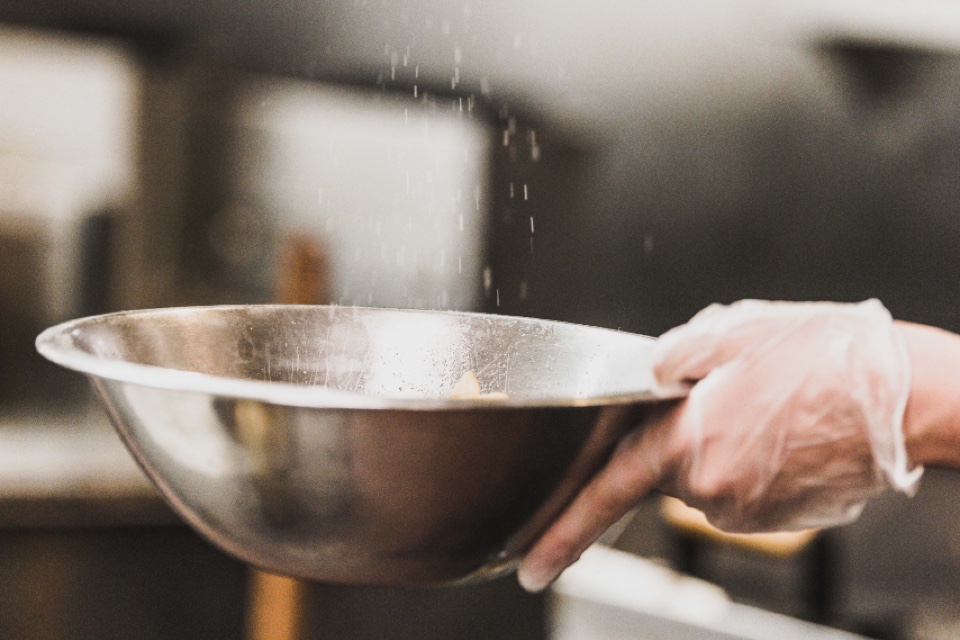The care home sector has seen a significant transformation in its catering operations, largely driven by advancements in technology. These technological trends are reshaping how care homes manage nutrition, dietary needs, and overall dining experiences for residents, thereby influencing the quality of care provided.
One of the most prominent trends is the adoption of specialised software for meal planning and dietary management. Catering software systems are now capable of tracking individual dietary needs, allergies, and preferences, ensuring that each resident receives meals tailored to their specific requirements.
This approach is particularly beneficial in care homes, where residents often have complex dietary needs due to health conditions or personal preferences. For example, systems like Nutritics and CareZapp provide solutions for menu planning and nutritional analysis, enabling care homes to deliver personalised, nutritionally balanced meals efficiently.
Another key development is the use of automated systems for inventory management. Modern catering technologies offer real-time tracking of food supplies, streamlining the process of ordering and stock management. This not only reduces waste by preventing over-ordering but also ensures that the necessary ingredients are always available for meal preparation. By optimising inventory management, care homes can better manage their budgets and reduce operational costs.
The integration of smart kitchen appliances is also a growing trend. These include programmable ovens and smart refrigeration systems that can be remotely monitored and controlled. Such appliances enhance kitchen efficiency, ensure consistent food quality, and can even contribute to energy savings. The use of these smart devices allows care home staff to focus more on resident care rather than spending excessive time on meal preparation and kitchen management.
Moreover, there has been an increasing focus on enhancing the dining experience for residents. Advanced catering technologies are enabling care homes to provide restaurant-quality meals, with some even adopting systems that allow residents to order meals through digital menus or apps. This not only enriches the dining experience but also empowers residents by giving them a choice in their daily meals, which is crucial for their dignity and satisfaction.
In response to the COVID-19 pandemic, there has been an accelerated adoption of technologies that minimise human contact in food preparation and delivery. Automated serving technologies and robotic assistance are being explored to reduce the risk of viral transmission, ensuring the safety of both residents and staff.
Lastly, environmental sustainability has become a key consideration. Catering technologies now increasingly focus on energy efficiency and waste reduction. Care homes are adopting eco-friendly practices in their kitchens, from using energy-efficient appliances to implementing composting and recycling programs.
Recent trends in catering technologies are significantly influencing operations in UK care homes. By enhancing efficiency, personalizing nutrition, and improving the dining experience, these advancements are playing a pivotal role in elevating the standard of care. As technology continues to evolve, its integration into catering services is expected to further shape the future of care home operations, aligning with the broader goals of quality care, resident satisfaction, and operational sustainability.
Are you searching for Catering solutions for your care home business? The Care Forum can help!
Photo by Bank Phrom on Unsplash




